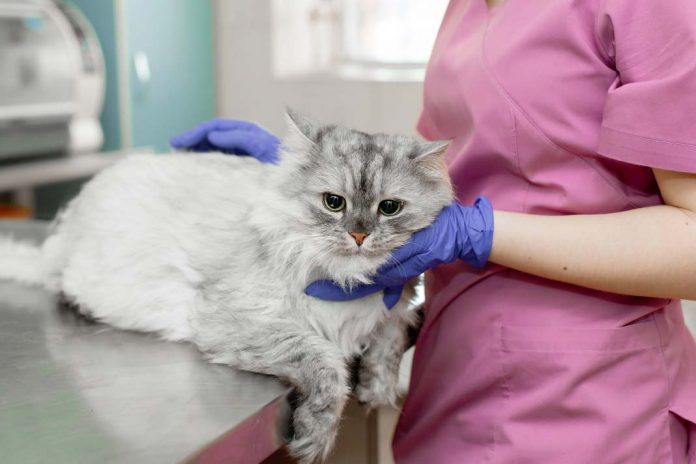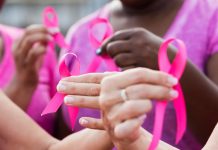CATS WITH THE CORONA
Two cats in New York, living in separate areas of the state, have tested positive for COVID-19 with mild respiratory problems. They are expected to make a full recovery, according to the Centers for Disease Control and Prevention. The owner of one of the cats tested positive for the virus, while the household of the other did not have any confirmed cases. The agency said the disease may have been transmitted to this cat by mildly ill or asymptomatic household members or through contact with an infected person outside its home. The CDC and the Agriculture Department don’t recommend routine testing of pets as they don’t play a role in spreading the virus. While humans can likely infect their pets, scientists don’t think pets play a role in transmitting the virus to humans. A study published earlier in April found that cats are highly susceptible to the virus, while dogs have only a low susceptibility.
www.usnews.com
 UPPING THE SUNSHINE VITAMIN
UPPING THE SUNSHINE VITAMIN
Public Health England is recommending people consider taking daily vitamin D supplements throughout the spring and summer as the coronavirus lockdown continues. Vitamin D, along with others, can help the body stay fit to ward off illness and infections – important during a pandemic. Some studies suggest avoiding deficiency helps our resilience to common colds and flu, although there is no evidence that vitamin D boosts the immune system. There is no evidence that it reduces the risk of catching or getting ill with coronavirus. But experts do think that supplements may have benefits during the pandemic by improving the health of people who are deficient.
www.bbc.com
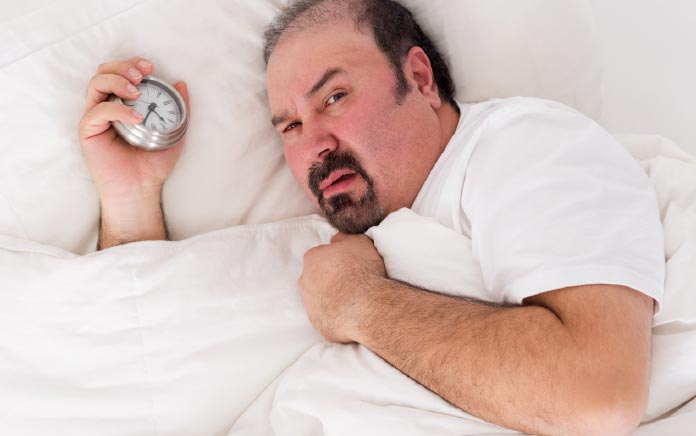 SLEEP AND OBESITY LINK
SLEEP AND OBESITY LINK
Can staying up late make you fat? A growing body of research has suggested that poor sleep quality is linked to an increased risk of obesity by deregulating appetite, which in turn leads to more calorie consumption. But a new study published late April found that it’s not the sleep loss that leads to obesity, but rather that excess weight can cause poor sleep. Researchers from the University of Pennsylvania’s Perelman School of Medicine and the University of Nevada, Reno, discovered their findings in a microscopic worm. It was emphasised that while these findings in worms may not translate directly to humans, they offer a surprisingly good model for studying mammalian slumber.
www.sciencedaily.com
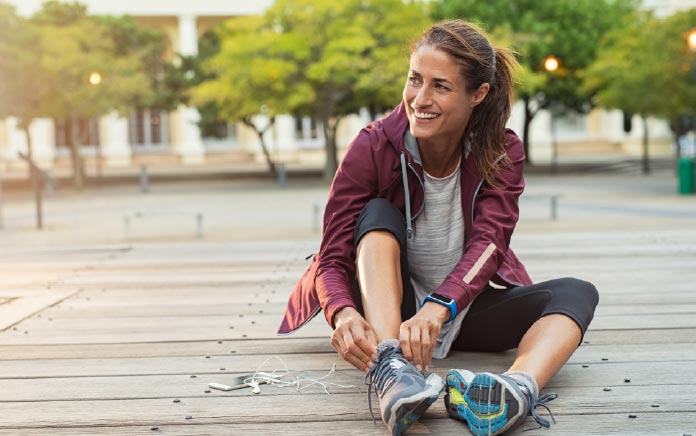 SMART CLOTHES
SMART CLOTHES
Researchers have made a strong, comfortable fabric that heats and cools skin, with no energy input. They freeze-spun silk and chitosan, a material from the hard outer skeleton of shellfish, into coloured fibres with porous microstructures. They filled the pores with polyethylene glycol (PEG), a phase-changing polymer that absorbs and releases thermal energy. Then, they coated the threads with polydimethylsiloxane to keep the liquid PEG from leaking out. The resulting fibres were strong, flexible and water-repellent. In addition to wearing outdoors, such clothing could also be worn indoors, drastically reducing the need for air conditioning or heat. The process for making the fabric is compatible with the existing textile industry and could be scaled up for mass production.
www.sciencedaily.com
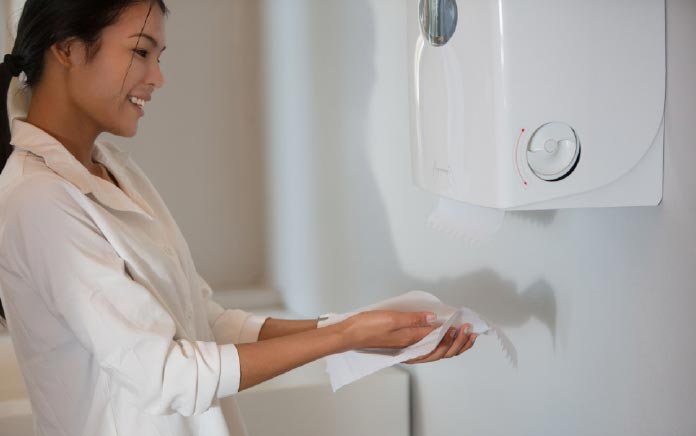 DRY RIGHT
DRY RIGHT
After washing one’s hands, there may still be residual pathogens on the skin. Researchers wanted to understand which method of drying the hands removed these residual viruses most efficiently and prevented people from transferring them to surfaces. Specifically, they tested the performance of paper towels and jet dryers. It was found that both methods of hand drying “significantly reduced phage contamination of hands”. However, after using the jet dryer, the average surface contamination following hand contact was 10 times higher than after hand towel use.
www.medicalnewstoday.com

























